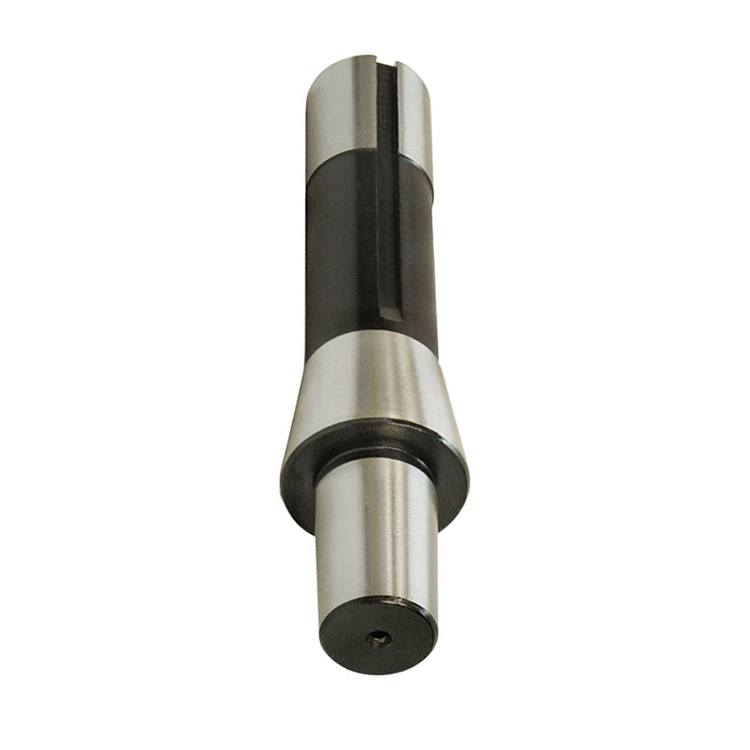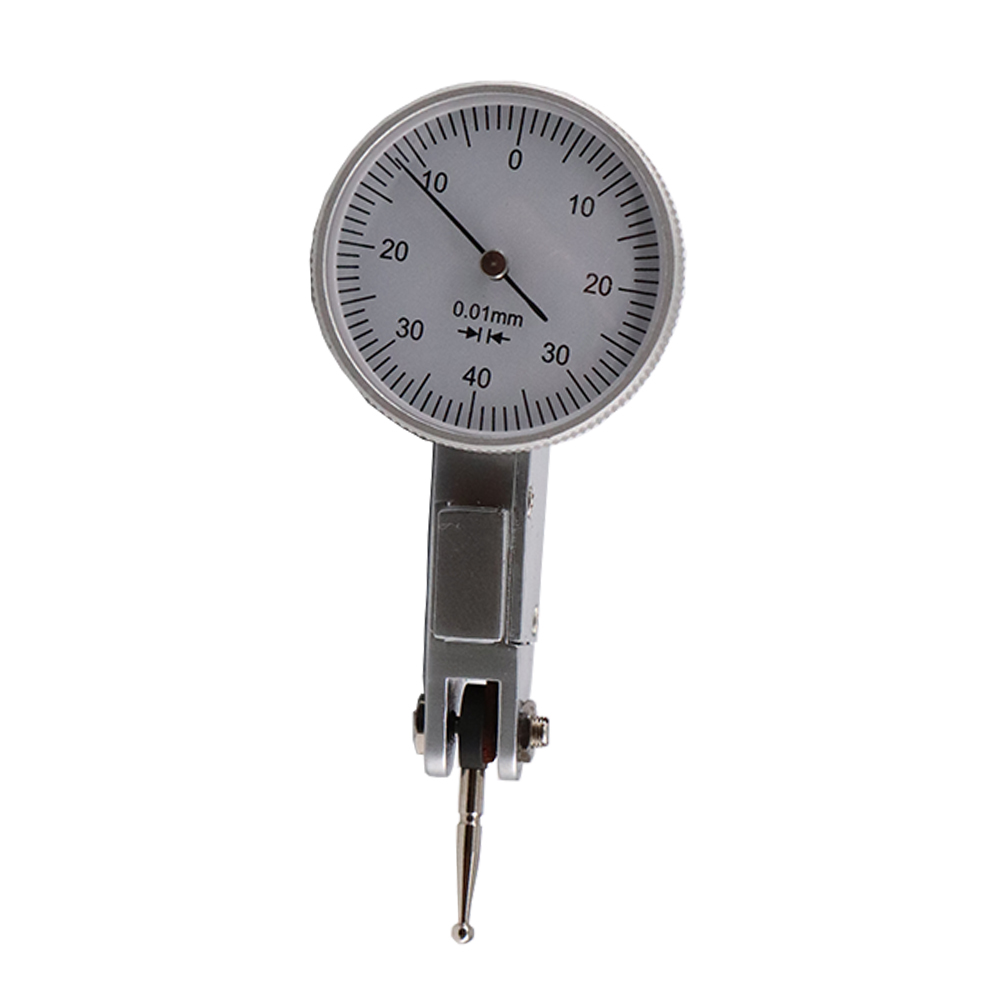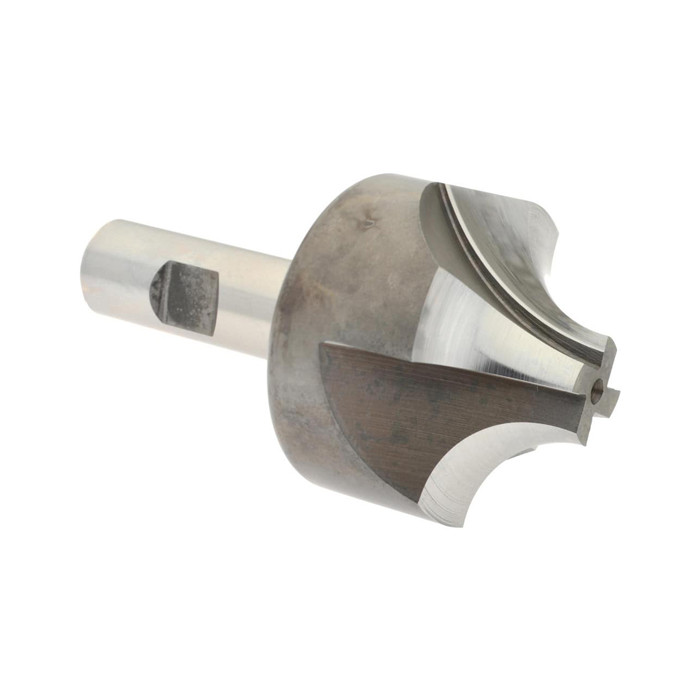TR threading insert Supplier
TR threading inserts are essential components in machining, providing reliable and precise threading solutions. Selecting the right TR threading insert supplier is crucial for ensuring quality, performance, and cost-effectiveness. This guide explores the key considerations for finding a dependable supplier and maximizing the benefits of using TR threading inserts.
Understanding TR Threading Inserts
What are TR Threading Inserts?
TR threading inserts are cutting tools designed to create trapezoidal threads, commonly used in applications requiring high load-bearing capacity and smooth linear motion. These inserts are typically made from carbide or other high-strength materials and are available in various sizes and geometries to suit different threading requirements.
Applications of TR Threading Inserts
Trapezoidal threads produced by TR threading inserts find applications in a wide range of industries, including:
- Machine Tools: Lead screws for precise positioning
- Automation: Actuators and linear guides
- Construction: Heavy-duty jacks and lifting mechanisms
- Aerospace: Control surfaces and landing gear components
- Medical: Precision instruments and surgical devices
Key Considerations for Choosing a TR Threading Insert Supplier
Quality and Materials
The quality of TR threading inserts directly impacts the accuracy and durability of the threads produced. A reputable supplier should offer inserts made from high-quality materials, such as carbide grades specifically designed for threading applications. Look for suppliers who provide material certifications and detailed specifications.
Insert Geometry and Thread Profile
TR threading inserts come in various geometries and thread profiles to match specific thread standards (e.g., TR8, TR10, TR12). Ensure the supplier offers a wide selection of profiles and can provide inserts that meet your specific requirements. Consider the following factors:
- Thread Pitch: The distance between threads.
- Thread Angle: The angle of the thread flanks.
- Insert Coating: Coatings like TiN or TiAlN enhance wear resistance.
Supplier Reputation and Experience
Choose a TR threading insert supplier with a proven track record of providing high-quality products and excellent customer service. Look for suppliers with experience in the threading industry and positive customer reviews. Established suppliers like Wayleading Tools, a provider of precision cutting tools, often have a deeper understanding of threading applications and can offer valuable technical support.
Pricing and Availability
Compare pricing from multiple suppliers to ensure you are getting a competitive rate. Consider not only the initial cost of the inserts but also the potential for volume discounts and long-term supply agreements. Also, check for stock availability and lead times to avoid production delays.
Technical Support and Expertise
A reliable TR threading insert supplier should offer technical support to help you select the right inserts for your application and troubleshoot any threading issues. Look for suppliers with experienced engineers who can provide guidance on cutting parameters, tooling setups, and best practices.
Finding the Right Supplier: A Step-by-Step Approach
Research Potential Suppliers
Start by researching potential TR threading insert suppliers online and through industry directories. Look for suppliers who specialize in threading tools and have a strong online presence.
Request Quotes and Samples
Contact several suppliers and request quotes for the inserts you need. Ask for samples to evaluate the quality and performance of their products. This allows you to test the inserts in your application and ensure they meet your requirements.
Evaluate Supplier Capabilities
Assess each supplier's capabilities based on the following criteria:
- Product Range: Does the supplier offer a wide range of TR threading inserts?
- Quality Control: What quality control processes does the supplier have in place?
- Delivery Times: What are the typical lead times for orders?
- Customer Service: How responsive and helpful is the supplier's customer service team?
Negotiate Terms and Conditions
Once you have selected a supplier, negotiate the terms and conditions of the supply agreement. This includes pricing, payment terms, delivery schedules, and warranty provisions.
Tips for Optimizing Threading Performance with TR Threading Inserts
Proper Tooling Setup
Ensure that your tooling setup is rigid and stable to minimize vibration and chatter during threading. Use a high-quality toolholder that provides secure clamping and accurate positioning.
Optimal Cutting Parameters
Use the correct cutting parameters for the material being threaded and the insert geometry. Refer to the supplier's recommendations for cutting speed, feed rate, and depth of cut.
Coolant Application
Apply coolant generously to the cutting zone to dissipate heat and lubricate the threading process. This helps to extend insert life and improve thread quality.
Regular Inspection and Maintenance
Inspect TR threading inserts regularly for wear and damage. Replace worn or damaged inserts promptly to avoid compromising thread quality.
Troubleshooting Common Threading Problems
Thread Chipping
Thread chipping can be caused by excessive cutting speed, insufficient coolant, or a worn insert. Reduce the cutting speed, increase coolant flow, and replace the insert if necessary.
Poor Surface Finish
A poor surface finish can be caused by vibration, chatter, or a dull insert. Ensure that the tooling setup is rigid, reduce vibration, and replace the insert if necessary.
Incorrect Thread Size
An incorrect thread size can be caused by incorrect cutting parameters or a misaligned tooling setup. Verify the cutting parameters and the tooling setup to ensure they are correct.
Conclusion
Selecting the right TR threading insert supplier and optimizing threading performance are essential for producing high-quality threads and maximizing productivity. By following the guidelines outlined in this article, you can find a reliable supplier and achieve consistent, accurate, and durable threads for your applications. Remember to prioritize quality, reputation, and technical support when choosing a supplier, and always follow best practices for tooling setup, cutting parameters, and coolant application.
Related products
Related products
Best selling products
Best selling products-
 Adjustable Tap And Reamer Wrench For Thread Cutting Tools
Adjustable Tap And Reamer Wrench For Thread Cutting Tools -
 Boring Head Shank For Boring Head With Industrial Type
Boring Head Shank For Boring Head With Industrial Type -
 R8 Drill Chuck Arbor For Milling Machine
R8 Drill Chuck Arbor For Milling Machine -
 HSS Annular Cutters With Weldon Shank For Metal Cutting
HSS Annular Cutters With Weldon Shank For Metal Cutting -
 TCT Annular Cutters With Weldon Shank For Metal Cutting
TCT Annular Cutters With Weldon Shank For Metal Cutting -
 Carbide Tipped Hole Cutter For Cutting Stainless Steel And Iron Or Steel Plate
Carbide Tipped Hole Cutter For Cutting Stainless Steel And Iron Or Steel Plate -
 Round Die Wrench For Thread Cutting Tools
Round Die Wrench For Thread Cutting Tools -
 Precision Dustproof Dial Caliper Of Double Shock-Proof For Industrial
Precision Dustproof Dial Caliper Of Double Shock-Proof For Industrial -
 Precision Dial Test Indicator Gage For Industrial
Precision Dial Test Indicator Gage For Industrial -
 Precision IP54 Digital Outside Micrometer Of Inch & Metric With Data Output
Precision IP54 Digital Outside Micrometer Of Inch & Metric With Data Output -
 Precision V Block Set With High Quality Type
Precision V Block Set With High Quality Type -
 DIN333A HSS Center Drills With Milled & Fully Ground Flute
DIN333A HSS Center Drills With Milled & Fully Ground Flute
Related search
Related search- Wholesale MCRN turning tool holder
- ER Collets Manufacturers
- Dead Center Factories
- SE indexable thread turning tool Supplier
- SDNC turning tool holder Manufacturers
- radius gage Manufacturer
- Counterbore Drill bit Factories
- Wholesale vise
- SVVCN turning tool holder Manufacturer
- 5pcs/set long series center drills Manufacturer











